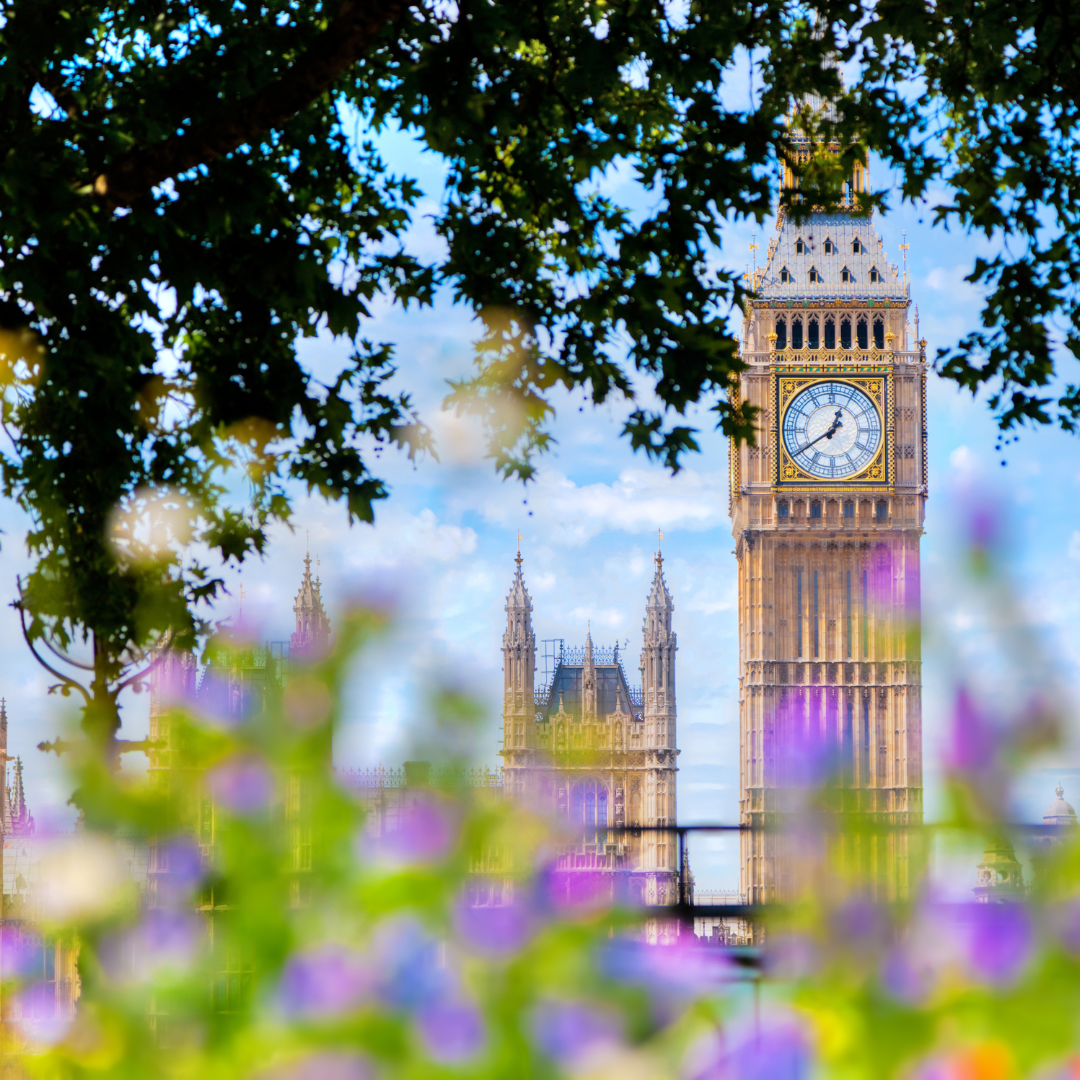Spring Statement 2025 overview
Find out what Chancellor Rachel Reeves announced and the reactions that have followed.

To get a full overview of the Spring Statement announcements click here to down our PDF.
Chancellor Rachel Reeves announced ‘no further tax increases’ in the 2025 Spring Statement.
The Chancellor’s Autumn Budget contained a record £40 billion in tax increases. However, it did not raise personal taxes including, Income Tax, employee National Insurance contributions (NICs) or VAT.
Ms Reeves had pledged one fiscal event a year and confirmed that no taxes would be raised at the Spring Statement.
Instead, the Chancellor made a number of announcements on spending and economic forecasts.
The forecast from the Office for Budget Responsibility (OBR) halved the UK’s growth in 2025 from 2% to 1%.
However, Ms Reeves pointed out that the Organisation for Economic Co-operation and Development (OECD) downgraded this year’s growth forecast for every G7 economy.
The OBR forecasts show that inflation will average 3.2% this year before falling ‘rapidly’, meeting the Bank of England’s 2% target from 2027 onwards.
Ms Reeves said that defence spending will increase to 2.5% of GDP, by reducing overseas aid. This means an extra £2.2 billion for the Ministry of Defence in the next financial year to address ‘increasing global uncertainty’.
The government will spend a minimum of 10% of the MoD’s equipment budget on innovative technology, boosting production in places such as Derby, Glasgow and Newport.
In addition, the Chancellor said that planning reforms will put the government 'within touching distance' of hitting its target of 1.5 million new homes over the course of this Parliament.
Ms Reeves said that this will increase the level of real GDP by 0.2% by 2029/30, adding £6.8 billion to the economy.
The Chancellor said: ‘Our task is to secure Britain’s future in a world that is changing before our eyes. The threat facing our continent was transformed when Putin invaded Ukraine. It has since escalated further and continues to evolve rapidly.
‘At the same time, the global economy has become more uncertain, bringing insecurity at home as trading patterns become more unstable and borrowing costs rise for many major economies.’
Business groups, including the Federation of Small Businesses (FSB), the British Chambers of Commerce (BCC) and the Confederation of British Industry (CBI) have reacted to Chancellor Rachel Reeves’ 2025 Spring Statement speech.
Tina McKenzie, Policy Chair at the FSB, commented: ‘[The] growth figures are a stark reminder of the urgent need to get the economy moving. The whole of government must now step up and produce credible, pro-small business plans to achieve that.
‘Every government department bears responsibility for growth and every cabinet minister must come forward at the upcoming spending review with proper plans to back small business growth and therefore growing the economy as a whole.’
Meanwhile, the BCC said that the Statement ‘presents a challenging Spring landscape as businesses struggle to bloom’. Shevaun Haviland, Director General of the BCC, stated: ‘The government must focus on reducing the cost pressures for businesses, boosting investment and exports.
‘Firms are realistic, but they are also hurting. Within days they will be faced with higher National Insurance (NI) contributions and a rise in the National Living Wage (NLW). Our research shows 82% of businesses will be impacted by the NI hike – with firms forced to raise prices, postpone investment and cut back on recruitment. That’s why we need a wider tax roadmap for business.’
Rain Newton-Smith, Director General of the CBI, said: ‘Weaker growth this year is a serious setback but not a surprise given the burden businesses are shouldering after the Budget.
‘The Chancellor has kept her promise to business, made at our conference, not to raise the burden further and focus on the efficient delivery of public services.
‘It is the right approach that the government asks of the public sector the same as it has been expecting of business since the Budget - to absorb costs through agility, modernisation and innovation.’
Within her Spring Statement speech, Chancellor Rachel Reeves revealed that the Office for Budget Responsibility (OBR) has halved UK economic growth from 2% in October 2024 to 1% in 2025.
However, the OBR has also upgraded longer term growth estimates for 2026 and every year thereafter. The OBR anticipates Gross Domestic Product (GDP) growth of 1.9% in 2026; 1.8% in 2027; 1.7% in 2028; and 1.8% in 2029.
The Chancellor said that by the end of the forecast, the UK economy will be larger compared to the OBR’s forecast at the time of the Budget in October.
In its latest forecast, the OBR said that inflation will average 3.2% in 2025, and will subsequently ‘fall rapidly’ to 2.1% in 2026 and reach the Bank of England’s target of 2% in 2027.
Ms Reeves also stated that increased borrowing costs put budget rules ‘at risk’. According to the OBR’s latest forecast, the current budget would have been in deficit by £4.1 billion in 2029/30 – in the Autumn of 2024, it was forecast to be in surplus by £9.9 billion.
The Chancellor stated she has ‘restored in full our headroom’, moving from a deficit of £36.1 billion in 2025/26 to a surplus of £9.9 billion by 2029/30.
Addressing the House of Commons, Chancellor Rachel Reeves used the 2025 Spring Statement to announce an increase in defence spending and a move from a deficit of £36.1 billion in 2025/26 to a surplus of £9.9 billion by 2029/30.
In her speech, the Chancellor commented: ‘I can confirm to the House that day-to-day spending will increase in real terms above inflation in every year of the forecast, and in the spending review — apart from the reductions in overseas aid across the departments — day-to-day spending has been fully protected.’
Mel Stride, Shadow Chancellor, responded to the Spring Statement and stated that the UK was once growing at the fastest rate in the G7 but growth forecasts have been ‘cut in two’ as a consequence of decisions and choices made by the Chancellor. He said: ‘[The Chancellor] chose to be reckless with a sliver of headroom against her fiddled targets. She borrowed and spent and taxed like it was the 1970s.’
Meanwhile, Carla Denyer, Co-leader of the Green Party, said: ‘To govern is to choose, and . . . many will be disappointed by the choices this Labour government is making.’
March 2025


